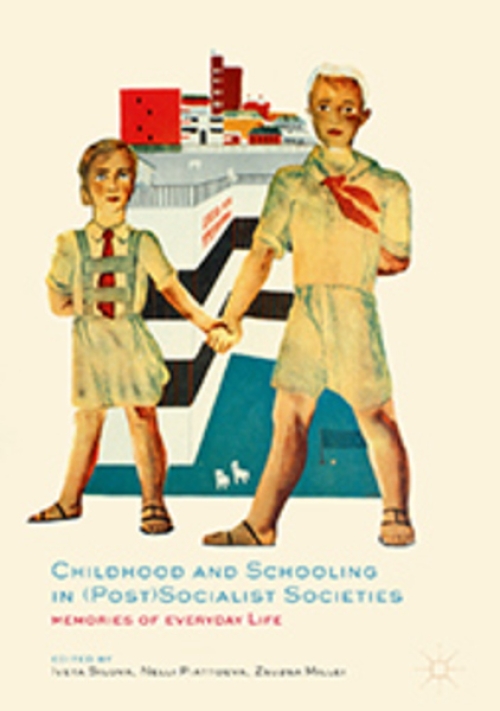
Resources: Central Asia
Displaying 25 - 30 of 30Kazakhstan protesters weren't happy about government corruption. Will anything change? - The Washington Post
Kazakhstan's President Tokayev blames past leadership for corruption and lack of meritocracy, despite ongoing anti-corruption efforts. Public frustration grows as elite corruption persists, and new laws limit freedoms. The system's foundation on corruption challenges genuine reform.
Why Pope Francis chose to highlight religious freedom during his visit to Kazakhstan
Pope Francis visited Kazakhstan to attend a religious congress, advocating for peace and religious freedom. His visit highlighted concerns for Kazakhstan's Catholic minority amidst regional tensions with Russia and ongoing persecution of smaller Christian denominations. Theconversation.com
In Kyrgyzstan, creeping authoritarianism rubs up against proud tradition of people power
Kyrgyzstan is witnessing a shift from its tradition of 'street democracy' to creeping authoritarianism under President Sadyr Japarov. Influenced by Putin's style, Japarov's government advances legislation reducing Parliament's role and curbing dissent, raising concerns about democracy's future in the country. theconversation.com
Childhood and Schooling in (Post)Socialist Societies: Memories of Everyday Life
The book, 'Childhood and Schooling in (Post)Socialist Societies', explores diverse childhood experiences in socialist contexts. It challenges simplistic views and highlights children's roles in political and social spheres, offering insights for childhood studies and comparative education.
The Day Lasts More than a Hundred Years
Chinghiz Aitmatov's novel, set in the Soviet Union, follows railman Yedigei's journey to bury his friend Kazangap, intertwining personal history, Kazakh folklore, and a subplot involving cosmonauts contacting extraterrestrial life.
Waiting to be Arrested at Night
A deeply personal account of life under state repression in contemporary Xinjiang. Blending poetic insight with journalistic clarity, Izgil documents the escalating surveillance, fear, and erasure faced by the Uyghur community.




